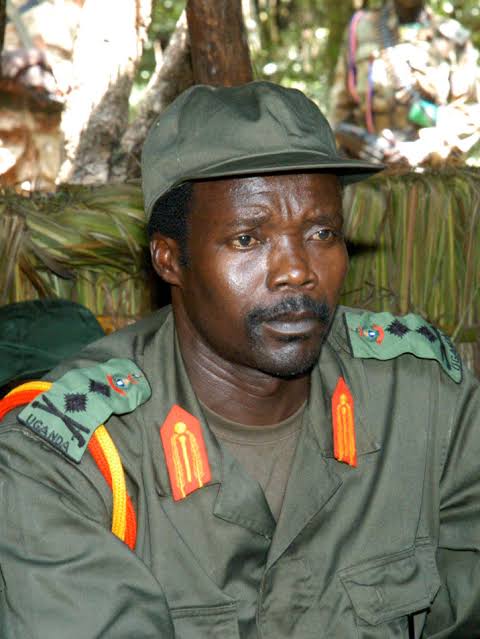The International Criminal Court (ICC) has taken a significant step in its long-standing effort to bring Joseph Kony, the infamous Ugandan warlord and leader of the Lord’s Resistance Army (LRA), to justice by adding three fresh charges to the already extensive list of accusations against him. This move brings the total number of charges to 39, underscoring the gravity and breadth of alleged crimes committed under Kony’s command during one of Africa’s most brutal insurgencies.
Joseph Kony has been indicted by the ICC since 2005 for orchestrating widespread atrocities across northern Uganda and neighboring countries. His charges include heinous acts such as murder, child abduction, sexual enslavement, forced marriage, and the persecution of civilians based on political and gender grounds. The LRA’s violent campaign devastated communities, forcibly recruiting children as soldiers and abducting thousands, including the notorious abduction of over 100 girls from Lwala Girls’ Secondary School in 2003. The group also targeted internally displaced persons (IDP) camps, inflicting untold suffering on vulnerable populations.
The announcement of the new charges was made public on May 15, 2025, during a briefing in Lira City by ICC outreach officer Maria Mabinty Kamara. She revealed that these additional charges are based on newly gathered evidence, including survivor testimonies that detail further instances of sexual violence and persecution. While the nature of the crimes remains consistent with previous allegations, the expanded charges highlight the ongoing efforts by investigators to build a comprehensive case against Kony.
Despite the ICC’s relentless pursuit, Joseph Kony remains at large, evading capture for over two decades. In light of this, the court has scheduled a confirmation of charges hearing for September 9, 2025, which will proceed without Kony’s physical presence. This procedural hearing is crucial as it will determine if there is sufficient evidence to move forward to trial. The ICC’s Pre-Trial Chamber has authorized this step, emphasizing the court’s commitment to advancing justice even when suspects are not in custody.
To raise awareness and maintain transparency, the ICC has launched a robust outreach campaign targeting communities affected by the LRA insurgency. This initiative includes radio programs, social media engagement, newspaper articles, and community meetings across Uganda, the Central African Republic, and Sudan. The goal is to keep the public informed about the case developments and encourage cooperation in efforts to locate Kony.
The addition of new charges against Joseph Kony represents more than just a legal update; it is a reaffirmation of the ICC’s dedication to accountability for crimes that have left deep scars in East Africa. The LRA’s legacy of terror has disrupted countless lives, and the ICC’s actions signal hope for many survivors seeking justice.
As the September hearing approaches, international observers and victims alike will be watching closely. The court’s ability to proceed in Kony’s absence highlights both the challenges and innovations in international criminal law, particularly when dealing with elusive perpetrators of mass atrocities.
In conclusion,
The ICC’s ongoing work against Joseph Kony serves as a powerful reminder of the global community’s resolve to confront impunity and uphold human rights, no matter how long the pursuit may take.

